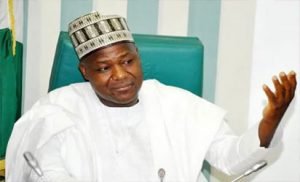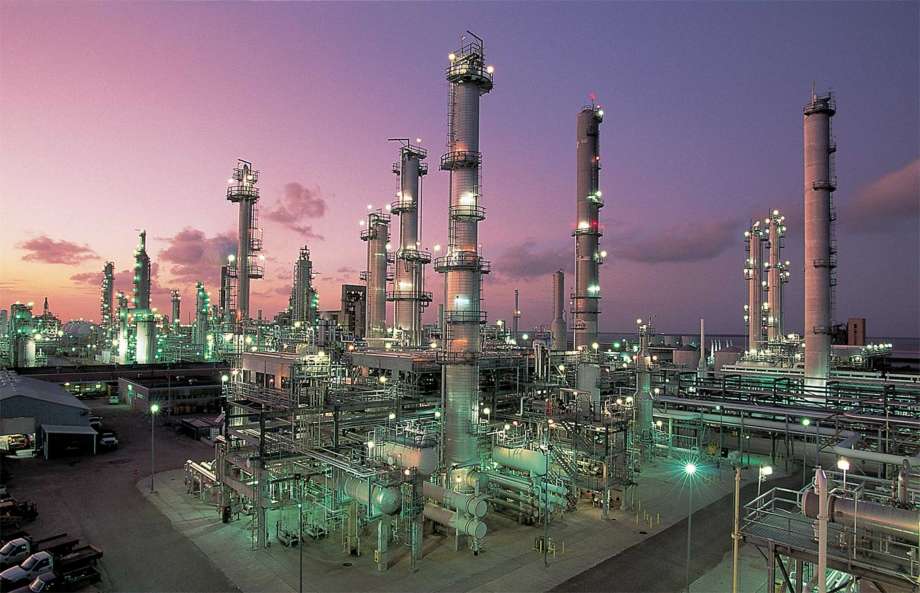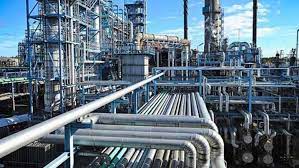
Oscarline Onwuemenyi
20 January 2017, Sweetcrude, Abuja – The Speaker of the House of Representatives, Hon. Yakubu Dogara, has asked President Muhammadu Buhari to, as a matter of urgency, sign into law the Petroleum Industry Governance Bill (PIGB) passed by the lower legislative chamber when it is harmonised with the Senate and transmitted to him.
The two chambers are set to begin the harmonisation process following the bill’s passage in the House on Wednesday, after the Senate passed it on May 27, 2017, and sent it to the lower legislative chamber for concurrence.
Dogara said the new legislation will be transmitted to the president as soon as it is harmonised.
He said the parliament had to move on and pass its own version of the bill following failure of the executive to present a draft bill to the National Assembly.
Dogara expressed optimism that with the passage of the bill, the nation’s petroleum industry will witness improvement, “as it will attract investors and open up the sector as the Nigerian National Petroleum Corporation (NNPC) would be unbundled with the creation of other bodies”.
Recall that the 8th National Assembly had split the Petroleum Industry Bill (PIB) into four parts to allow easier passage.
The bill is built on recommendations of the Oil and Gas Implementation Committee (OGIC) constituted by former President Olusegun Obasanjo, in 2000.
It was first introduced to the parliament by the late President Umaru Musa Yaradua in 2008.
The PIGB aims to establish the Nigerian petroleum regulatory commission as a one-stop regulator that will be responsible for licensing, monitoring, supervising petroleum operations, as well as enforcing industry laws, regulations and standards.
This means that the president will no longer have the executive power to allocate oil blocks.
It also seeks to establish a fiscal framework that encourages investment in the petroleum industry, and provides a framework that seeks to ensure that host communities are taken care of.
Meanwhile, the Senate President, Dr. Bukola Saraki has said that the passage of the Petroleum Industry Governance Bill, PIGB, by the House of Representatives on Wednesday, following the Senate’s passage of the bill last May, represents a historic milestone in Nigeria.
He made this statement while speaking in a video message posted on his Facebook page, where he also stressed that the PIGB will help to address the perennial scarcity of fuel in the country, once it becomes law.
While describing the bill as a historic one, Mr. Saraki said he hopes that when it becomes law, the bill will create a conducive business environment for the petroleum industry.
A statement from his media office read, “Yesterday, after nearly two decades of back-and-forth, near-misses and “near-passages”, the 8th National Assembly finally reached a milestone with the passage of the Petroleum Industry Governance Bill — otherwise known as PIGB. This is historic.
“Many of you will recall that in May 2017, the Senate took the first step in this direction, and yesterday, the House of Representatives did the same by passing this Bill that is aimed at modernizing the Petroleum Industry and overhauling the entire system – to create a conducive business environment for petroleum industry operations.
“The PIGB will also promote openness and transparency in the industry — by clarifying the rules, processes, and procedures that govern the oil and gas sector. This should eliminate, or at worse, reduce corruption significantly and make the sector more efficient and more productive.
“Most important, with the ongoing fuel scarcity in many parts of the country, Nigerians should know that the PIGB, once it becomes law, will help alleviate those issues that lead to scarcity, such as: the limited supply of Premium Motor Spirit (PMS); the poor import planning schedule that leads to fuel importation constraints; the corruption, diversion and smuggling — that leads to artificial scarcity; and the absence of deregulation in the sector.
“This bridge that we have just crossed, is a part of the commitment of the National Assembly to remain focused, committed, and determined to meet your expectations. Let me remind our people that this is another promise made and kept by the 8th Assembly. With this feat, we have demonstrated that we have the will and capacity to deliver on our key promises aimed at rebuilding the national economy and improving the standard of living of our people.”
Mr. Saraki described the passage of the bill as the fulfilment of promises made to Nigerians.
He said the National Assembly will pass the remaining related bills like the Petroleum Host Community Bill and Petroleum Industry Fiscal Bill very soon to complete the circle.
The petroleum-related bills were all part of the Petroleum Industry Bill, PIB, that was supposed to modernise Nigeria’s petroleum industry. The PIB was eventually split into different bills for easy passage after it got stuck in the National Assembly for several years.
The PIGB is the only component of the original PIB that has been passed by the lawmakers. Following the passage by the House, the two chambers of the National Assembly will meet to rectify any differences in the versions passed before a final PIGB is sent to President Muhammadu Buhari for assent.



